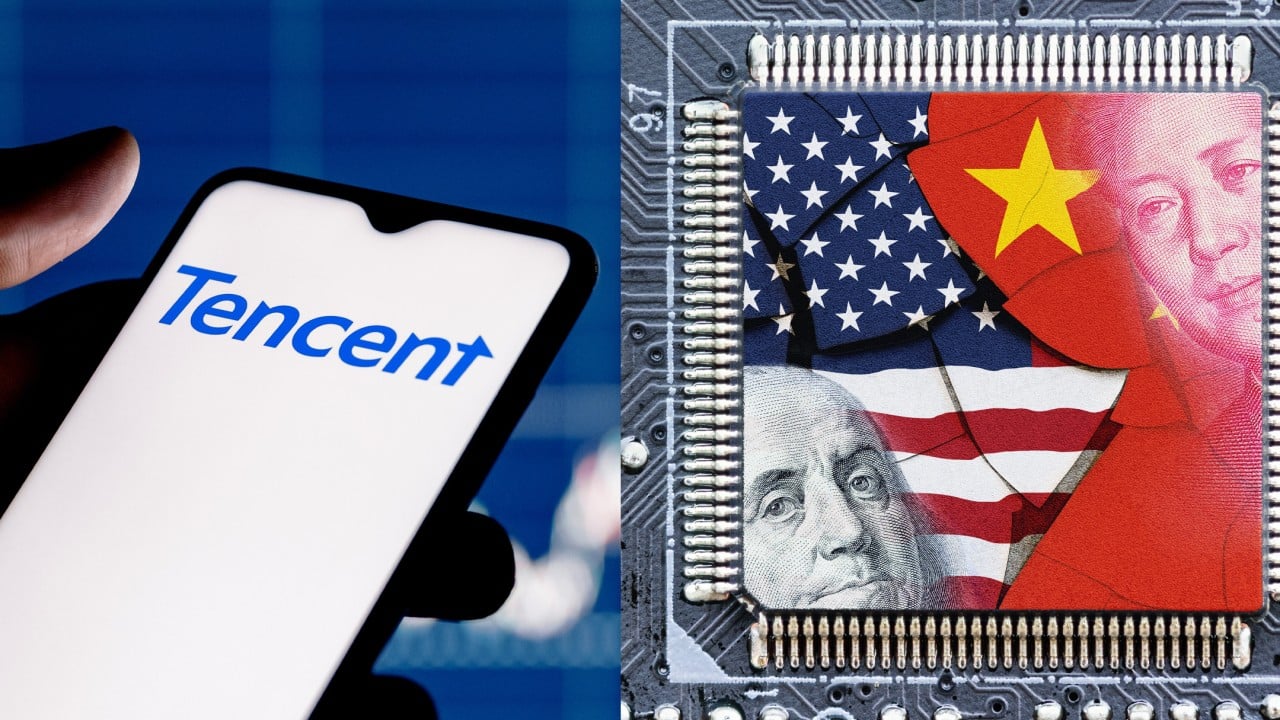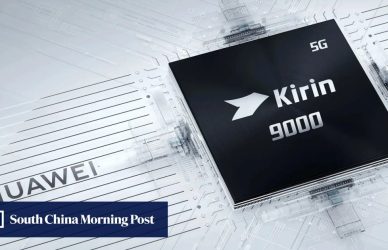
“The most severe problem is the [limited] resources of [graphics] cards and computing resources,” said Wang Qi, vice-president at Tencent’s cloud computing unit, during a group interview with local media in Guangzhou, capital of southern Guangdong province, on Friday.
He pointed out that the situation has been aggravated by the US government’s recent move to require licences for exports of Nvidia’s H20 chips to China. Nvidia started selling the H20 AI chips to China in early 2024, after its more advanced A100, H100, A800 and H800 GPUs were placed under US export controls because of national security concerns.
Wang said he expected the tightened trade controls to “widen the gap [regarding AI adoption] between China and the US in the short term”.
His assessment reflects how China could find it hard to overcome the so-called scaling law in AI – credited to a 2020 paper by ChatGPT creator OpenAI – which asserts that the larger the training data, computing resources and model parameters, the greater the AI model’s intelligence.
Advanced GPUs, especially those from US suppliers Nvidia and Advanced Micro Devices, are favoured by many developers for large-scale AI model training and building AI applications. Large language models (LLMs) are the technology underpinning generative AI services like ChatGPT.
Still, Wang said US chip restrictions are pushing the domestic tech industry to “accelerate efforts to adapt large language models to domestically made semiconductors”.










